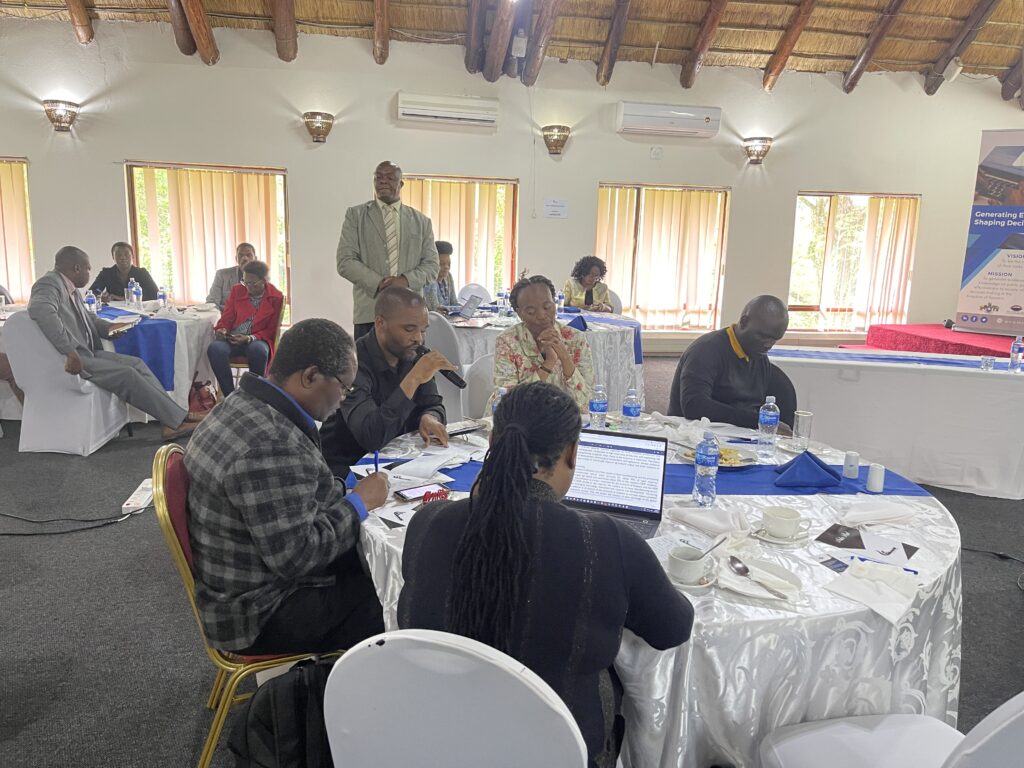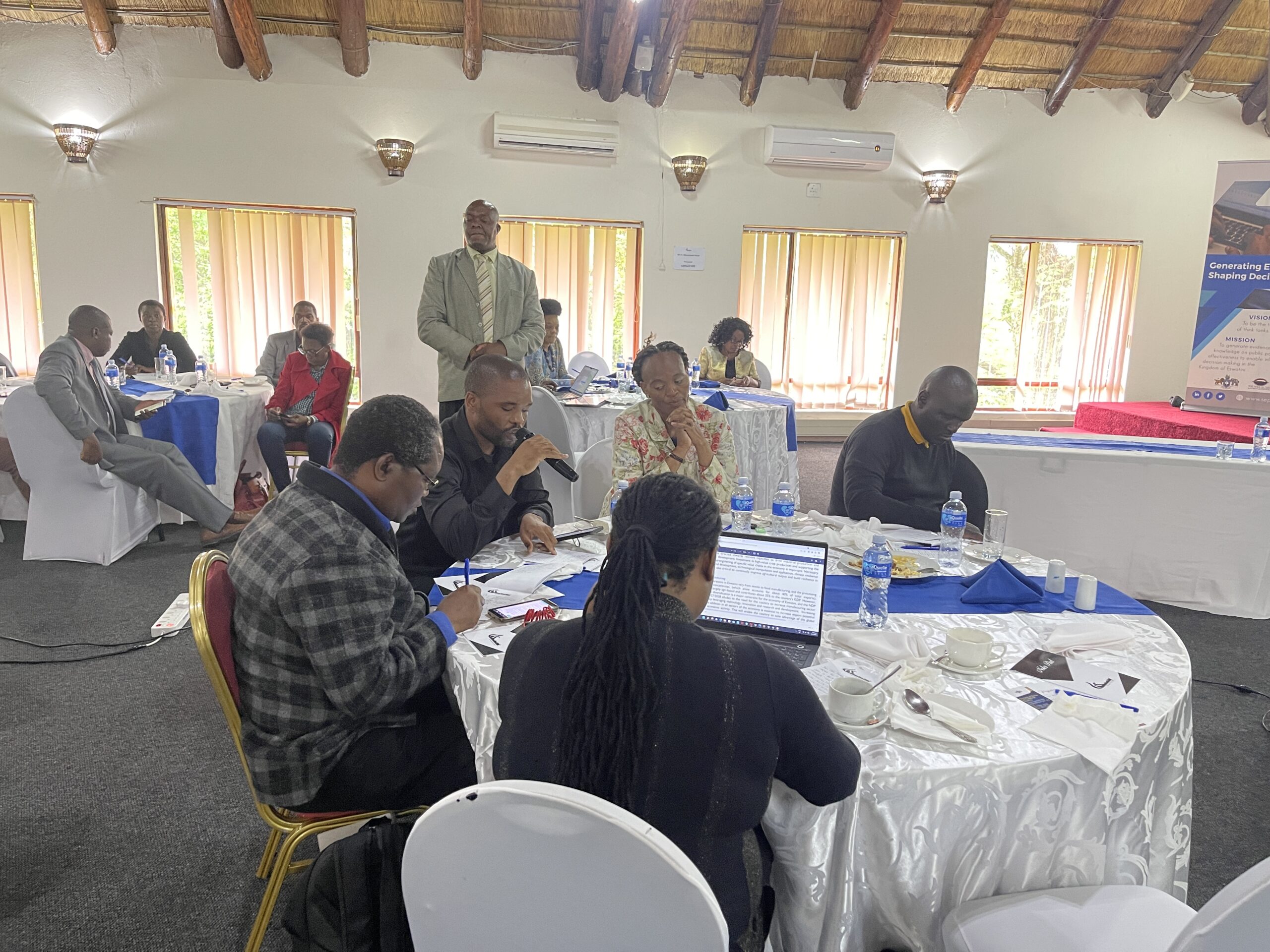
By Khulile Thwala
Eswatini is looking at exporting skills produced in excess in the country where people are struggling to find employment.
This was one of the key feedback submissions made by stakeholders during a final instalment of a consultation process for the validation of the Draft National Human Resource Development Policy 2023 – 2030 by the Ministry of Labour and Social Security in partnership with the Eswatini Policy Analysis and Research Centre (ESEPARC).
This was done to address any outstanding issues that may have been overlooked in the first consultation meeting. The previous consultation meeting facilitated by ESEPARC collected submissions to formulate the policy. This policy is in line with the recent skills audit report produced by the Ministry of Labour and Social Security, aimed at ascertaining the skills gap in the local industries.
Stakeholders in the country’s education and labour sectors made different contributions as feedback to strengthen the draft. One of the key submissions was how the policy should prioritise looking into exporting skills which are in excess in the Kingdom. An example of graduates who have acquired teaching diplomas was made. They said this was because there is a high production of such qualifications yet there are limited employment opportunities currently.
It was said this would help avert a situation where a lot of people who have acquired qualifications in such courses are idle. It was further a recommendation by the stakeholders that the country should draw inferences from countries such as Uganda and Ghana which have policies speaking to skills exportation and further capitalise on sharing agreements with countries which have a shortage of people with that skillset.
The draft of the policy captured submissions which were made 31 days before the draft consultation with the same stakeholders, who were mainly from the education and labour sectors. Mangaliso Mohammed, Senior Researcher and Consultant at ESEPARC, summarising the policy draft, shared how the policy highlighted that local institutions needed to be aligned to ensure respective goals are achieved, especially in the application of Eswatini Higher Education Council (ESHEC) requirements.
He said the policy also focused on how rigour in education needed to be brought back to ensure global competitiveness.
“Inclusiveness in our tertiary institutions was also underscored as there is a pressing need to make sure each and every person, young or old, contributes to the economy and gender equity is implemented. Submissions also indicated that more and more people realised TVET is the way to go to capitalise on industrialisation,” he said.
He further mentioned how labour migration was not incorporated in policy yet, however, there are policies outside the human resource policy scope which include labour migration.
“For us to be globally competitive we need to work with the rest of the world.”
Another key feedback submission from stakeholders was that to ensure interest in commercial skills offered at TVET institutions, the remuneration should be taken as seriously as other conventional career paths. Conventional career paths could include accounting, administration, health care etc.
TVET colleges offer different types of career-focused vocational programmes designed specifically to prepare young people to enter the labour market, such as engineering, manufacturing, arts and culture, carpentry, building construction, etc.
Additionally, stakeholders suggested that there was a need for the policy to include practical timelines to ensure implementation from the different sectors in labour and education. Meanwhile, most stakeholders said there was a need for the policy to attract political will as that is where the funding would come from. In response to the political will submissions, Sithobelweni MP Bhekitje Dlamini said such policies were in favour of the objectives and plans by the government.






